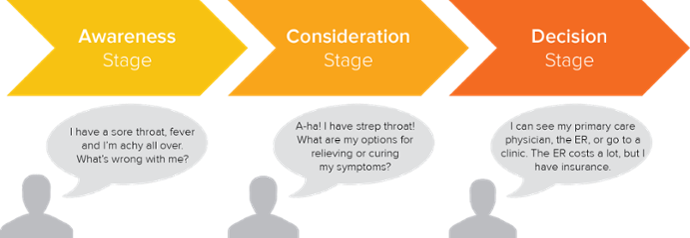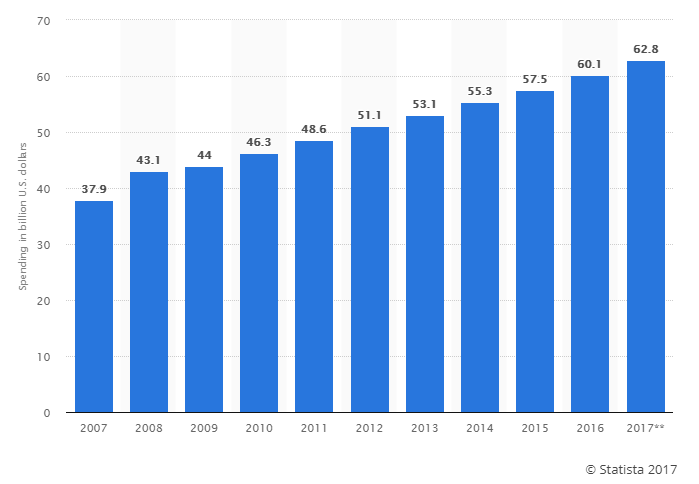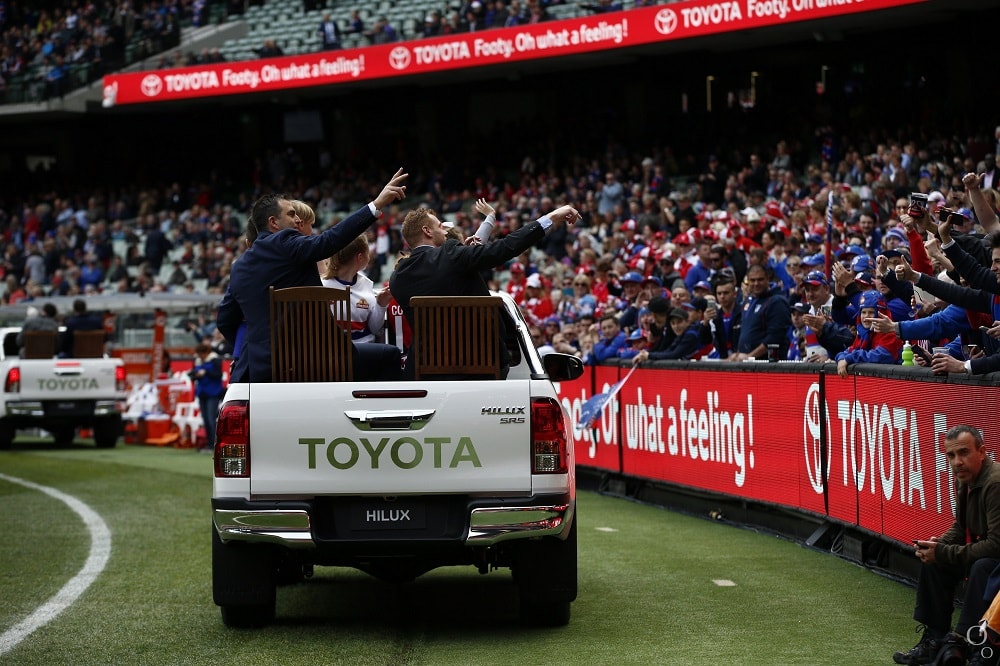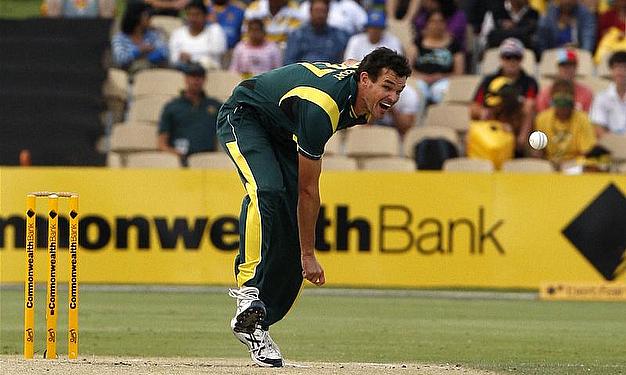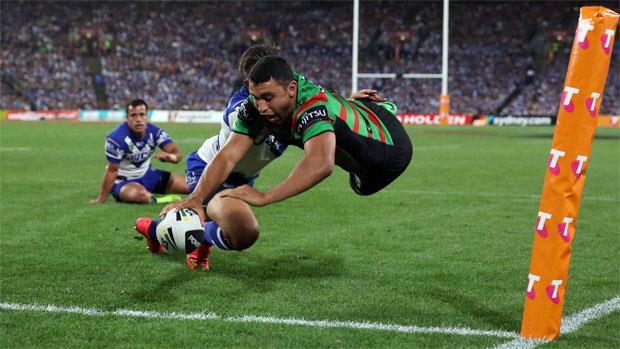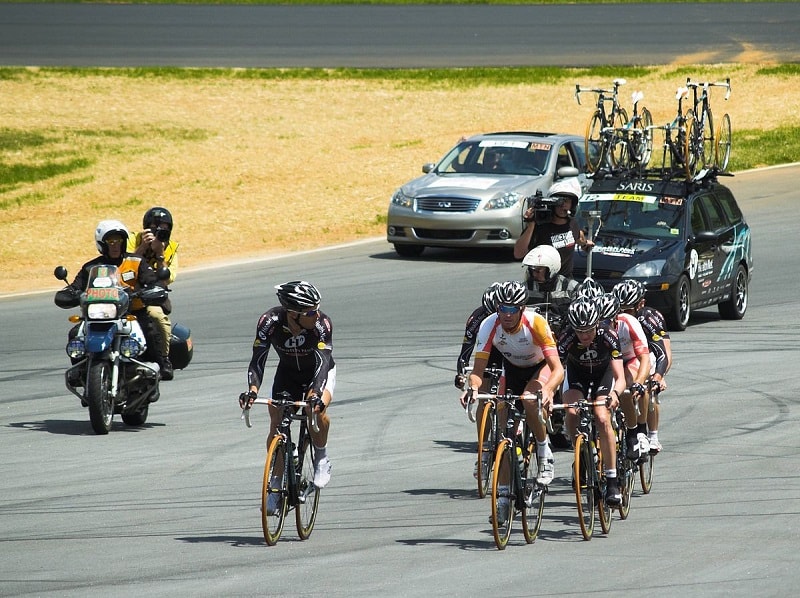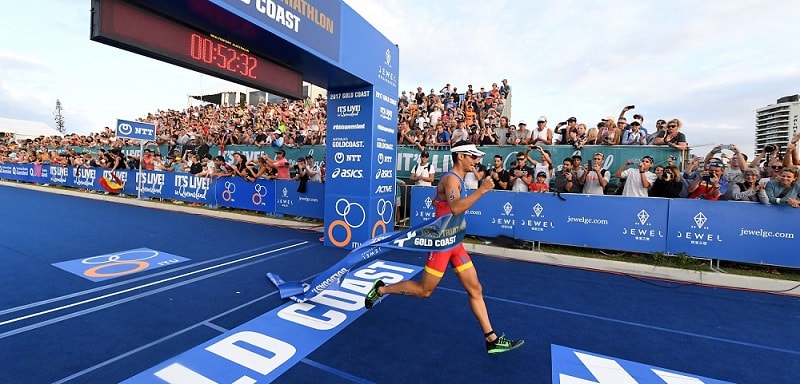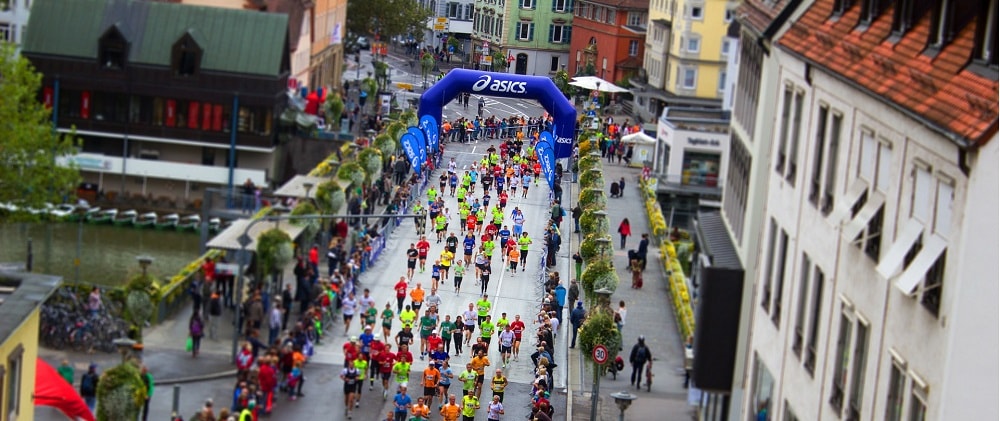
Sports marketing is a form of event marketing that focuses on both the promotion of sports events and teams. Brands and companies look to promote their products and services by sponsoring sporting events and sports teams.
Two of the biggest benefits of sponsorships is it builds brand awareness on a very large-scale. Secondly, it moves viewers from the awareness stage to the consideration stage. When a customer is in the consideration stage, they are evaluating whether or not to purchase the sponsor’s products.
Another benefit of sponsorships is every time a game is re-watched, shown on the evening news, replay videos on YouTube or Facebook, their brand is being reinforced over and over again. It is essentially free marketing and brand exposure.
Other than building brand awareness and brand reinforcement, the other benefits include:
- Build goodwill and enhance brand image among consumers
- Generate media benefits such as press releases
- Showcase unique product features, technologies, or advantages
- Create an advantage over competitors, through association or exclusivity
- Assist with employee recruitment
Sponsorship spending has continuously increased since 2007
This graph shows the total sponsorship spending worldwide from 2009 to 2017. Since 2007, sponsorship spending has increased by 66% from $37.9b to $62.8b in 2017.
Organisations who use sports marketing
Examples of brands who use sports marketing as one of their marketing strategies:
1. Toyota and AFL
2. Commonwealth Bank and Cricket Australia
3. Rolex and Australian Open
4. Telstra and NRL
5. Monster and Motocross
The guy in the video is Harold Taber. He was a director of Monster Beverage during their early years. Starting from 22:17, Harold talked about Monster’s sports marketing strategy.
Monster started off with Motocross. They would sponsor the whole Motocross circuit. After the success of that, they branched out to other sports such as snowboarding, drag racing, and NASCAR racing.
Does sports marketing work?
Case study – Tour De Georgia
In this study, we’ll look to find out if sports marketing works. We will measure this based on two questions:
- Did attendees improve their perception of the sponsor’s brand after the event?
- Did their buying intentions towards the sponsor’s brand improve after the event?
A study was conducted on the Tour de Georgia cycling event. It is a six-day event and is one of the highest-ranked cycling races in the U.S. In addition to the race, there are also entertainment, music, food, automotive exhibitions, and cycling exhibitions.
The audience
The event attracted 128 cyclists from 18 countries and over 800,000 spectators. Prior to the event, the event was advertised on print and the official event website. Celebrity athletes will also help increase event awareness and attendance including the demand for sponsorship. The event was also broadcasted on TV and radio.
The sponsor
The sponsor is an automotive company. This automotive company has been sponsoring the event for four years in a row now. The company’s logo is displayed on banners, marquees, signs, volunteer apparel, and the large-screen televisions all around the venue.
There is also an exhibit where attendees can view the sponsor’s new vehicle range, experience the exterior and interior of the vehicles, and talk with their sales team about them. A $1,000 rebate coupon was also given to attendees who took a photo with the sponsor’s vehicles.
The results
We surveyed 1,741 attendees which consisted of a mixed group of local and international residents, multiple age groups from 20 to 70-year-olds, and income brackets from below $10,000 to over $100,000.
Finding 1: Almost half of the participants (48.7%) had a more positive perception of the sponsor after the event
| Did attendees improve their perception of the sponsor’s brand? | Results |
| Agree | 49% |
| Neutral | 33% |
| Disagree | 18% |
The majority of the participants (71.6%) also agreed or strongly agreed that they like how the sponsor does more than just sell their products. We believe this has a strong correlation to building a better brand image.
Finding 2: Over one-third of the participants (38.5%) are more likely to purchase the sponsor’s products
| Did buying intentions towards the sponsor’s products improve? | Results |
| Agree | 38% |
| Neutral | 32% |
| Disagree | 30% |
Finding 3: The more active the attendee is in the sport, the better the results
The study also showed that attendees who are enthusiastic and active in the sport are more inclined to have a better perception of the sponsor’s brand and are also more inclined to purchase the sponsor’s products.
Therefore, sponsoring a sport with the right type of audience is an important factor in sports marketing.
Bottom line
Back to our two questions on measuring the effectiveness of sports marketing.
|
Question 1
Did attendees’ improve their perception of the sponsor’s brand after the event? |
Y |
|
Question 2
Did buying intentions towards the sponsor’s brand improve? |
Y |
Lastly, the brand, sports, and audience must be aligned.
Work with us on your next sporting event
